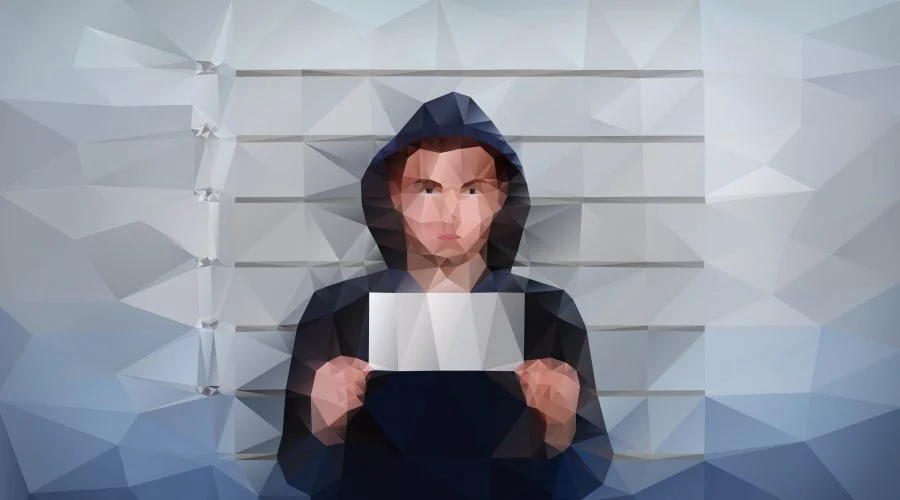It is this Council’s position that the monitoring role by the CCC is ineffective both in respect of individual cases and in dealing with trends in relation to complaints against police. While high level corruption or other serious police offending is investigated and prosecuted from time to time by the CCC all other cases are handed back to the QPS with a so-called monitoring role by the CCC. It is submitted that Queensland should adopt the New South Wales procedure for investigating complaints against police namely that there should be a standalone body separate from the QPS and the CCC to investigate complaints against Police.
Read MoreMr Murray also said that the foreshadowed integration “between QPRIME and Qld Health seems like a complete disaster waiting to happen”
Read MoreThe tit for tat unsubstantiated rape allegations against a Morrison Government Minister and a Federal Labor Politician must end and respect for the presumption of innocence must be urgently restored.
Read MoreThe Council supports a subjectivist approach to the criminal law. Subjectivism relies on the notion that individuals can be considered culpable for harm only where they were at the material time aware of the risk of causing that harm, and thus were able to avoid it. This means that it is important that the defendant voluntarily causes the outcome, either by consciously running the risk of that outcome or by actually intending it.
Read MoreA Human Rights Act is not a panacea, ultimately only an active citizenry can protect our rights and liberties. However, the Act will provide a new tool that citizens of this State can use to protect themselves
Read MoreThe Council recognises that this Bill is a response to concerns in the community about alcohol related violence. However, the Council maintains that the response to this issue needs to take into account the right to privacy, the right to freedom of association and the right to due process. All of these rights are recognised in Universal Declaration of Human Rights. The QCCL has as its objective the implementation of the rights contained in this instrument in Queensland.
Read MoreThe QCCL does not take the view that there is a human right to access alcohol. We note in this regard the discussion of this issue by McMurdo P. and Justice Keane in Aurukun Shire Council and Anor –v- CEO Office of Liquor Gaming and Racing [2010] QCA 37 at paragraphs 43 and 142 to 145. McMurdo P. returned to the issue in the decision of Morton –v- Queensland Police Service [2010] QCA 160.[1]
Read MoreThe Queensland Council for Civil Liberties has called upon the Parliamentary
Committee supervising the CMC to summons CMC head Robert Needham to a public hearing.
QCCL Vice President Terry O’Gorman said today a public hearing was needed to
explain why the CMC has taken four years to complete its investigation of the Queensland police handling of the aftermath of the death of Mulrunji Doomadgee.
The President of the Queensland Council for Civil Liberties today welcomed the fact that due process had been followed in the case of Sergeant Hurley.
Read MoreMr. Cope says, “The problem the government has is that so far science has been unable to establish a clear relationship between the amount of a drug in your system and your ability to drive. It is quite a different situation with alcohol where there is a clear correlation between the level of alcohol in your bloodstream and your capacity to drive. The government then is forced to introduce this draconian legislation.”
Read MoreThe Australian Council for Civil Liberties today welcomed the decision of the Queensland DPP (Leanne Clare SC) to release the Mulrunji Doomadgee file to the Queensland Attorney General so that an independent opinion can be obtained.
Read MoreThe NSW Ombudsman in a report released in September this year after a 2 year inquiry found no evidence that the use of sniffer dogs disrupted street dealing in any sustained fashion. The evidence also showed that the use of police sniffer dogs didn’t reduce drug related crime. Nor did their use lead to any increase in perceptions of public safety.
Read MoreThe President of the Queensland Council for Civil Liberties, Ian Dearden, today supported the proposed apology to indigenous people to be delivered by Chief Magistrate Diane Fingleton on behalf of the Queensland magistracy. In doing so, Mr Dearden rejected the reported criticism from Chief Justice Paul de Jersey that the move was “not a proper use of the court”.
Read MoreThe Annual Report of the Vice-President, Terry O’Gorman - June 15, 2020
Read MoreAnnual Report of the President Ian Dearden from AGM 15 June 2000
Read More













